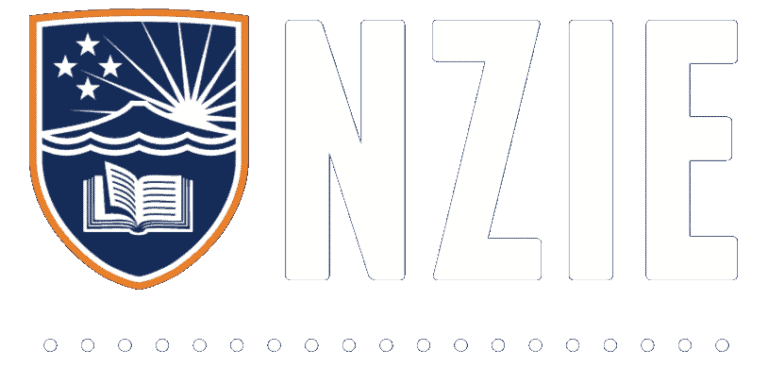Intuition is one word, but has many meanings.
For some, intuition is something that comes from the cosmos, almost supernatural, and to do with predictions of the future, or mystical enlightenment. For psychologists and students of organisations, the word has much more mundane connotations, but is nevertheless a fascinating topic.
Intuition is talked about in two ways; expert intuition and creative or entrepreneurial intuition. Expert intuition is a gut feeling based on experience that involves pattern recognition. In my research of “elite” leaders of organisations. I found this was the form of intuition they recognised, used and thought was valuable to their leadership and decision making on a daily basis. For example, CVs of candidates for jobs tell you one thing, but an interview might give you a different ‘feeling’ about the applicant, and cause for further investigation.
My participants told me that to dismiss gut feelings about a plan, a person, a marketing campaign, a spreadsheet, or anything else, was done at one’s peril. They said that their intuitions were generally 90% right. This is because their intuitions are based on 40-50 years experience – they have seen it all before, and then some. One builds up a tacit knowledge database about phenomena over time – an invisible data base – beyond expression, that is drawn on in the formation of expert intuitions – we know more than we can tell.
Another form of intuition that is less recognised as “intuition”, is entrepreneurial or creative intuition. It relies on the same “experiential” cognitive system as expert intuition, but operates in a slightly different way. Indeed, you will recognise the experience after I have described it, but might not call it “intuition”. The leaders I interviewed did not. They called it the “aha” moment, the “Eureka effect” and “gut processing”. That we have no common way to talk about this critical human faculty that has led to nearly all human discovery, is a testament to our collective scepticism and distrust of “feelings” (but that’s another story).
Entrepreneurial intuition creates new patterns from old fragments information – connects them in a new way. For example, we all have problems we need to solve from time to time. We focus on the information we have, research and think about the problem considerably if we are serious about finding a solution. The conscious, analytical mind focuses in on the fragments of information and ideas that we have. Then, we might take a break – go walking, do some painting, walk the dog, talk to a friend or have a shower. It might be days later, or after we have had a night’s sleep, that the solution will “come” to us. However, solutions do not come to us out of the blue. We won’t get the intuition unless we have put in the effort – read the literature, done the research – put in the hard yards, and then given the intuitive mind a chance to process the information.
Thus, we have two cognitive systems or two “minds”; one that we are aware of (the analytical cognitive system) and one that works in the background that we are less aware of (the experiential or intuitive cognitive system). As humans, we use both on a moment to moment basis. That’s why we are often in “two minds” about something. We think one way, and “feel” another way.
We can take advantage of our capacity for expert or gut feeling intuitions by paying attention to what we feel, making decisions and taking actions based on that feeling, and monitoring what happens as a consequence of that decision – feedback. We can take advantage of our creative intuition by first, recognising that we have this capacity and second, putting in the effort to research and think about the problems that we face – and this is sometimes uncomfortable! Until we find the solution, we will feel uncertain, and, as with any effort, like going to the gym, it’s hard work. Third, we need to trust our brains and our capacity for finding creative solutions.
Embrace the challenge,
Embrace the pain,
Stuff in the info,
And trust in your brain!
Dr. Martin Robson (Ph. D.)
Senior Business and Management Tutor: New Zealand Institute of Education
Senior Fellow: Australian Graduate School of leadership


